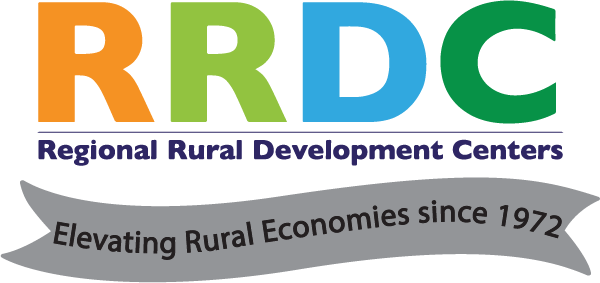Supporting a Rural Response to Climate Change
From regenerative agriculture to renewable energy production, rural America is poised to play a significant role in aligning with USDA plans to address climate change. The RRDCs are uniquely positioned to connect and support a rural response to climate change and have a long history of partnering with the Cooperative Extension System to support resilience in rural communities. Current and recently completed efforts include:
National Extension Climate Initiative

With support from the RRDC in the West, this group of more than 800 Land-Grant University faculty and staff is spearheading multi-state collaboration on climate-related research and Extension efforts and is addressing the need for climate crisis educational materials in the national Extension system. Visit the NECI website.
Food System Adaptation to Climate Change
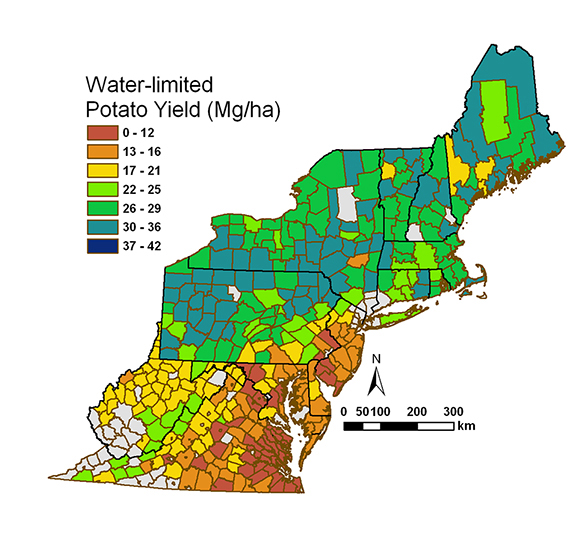
The RRDC in the Northeast conducts climate-change research primarily from the perspective of how agriculture and food systems can adapt to a changing climate. For example, the NIFA-funded research project, Enhancing Food Security in the Northeast (2011-2018), modeled climate change effects on the productivity of several crops, quantified the region's land requirements to produce complete diets under different diet scenarios, and estimated how to crop output would change if new land is brought into production.
Collaborative Drought Planning Using Scenario Exercises
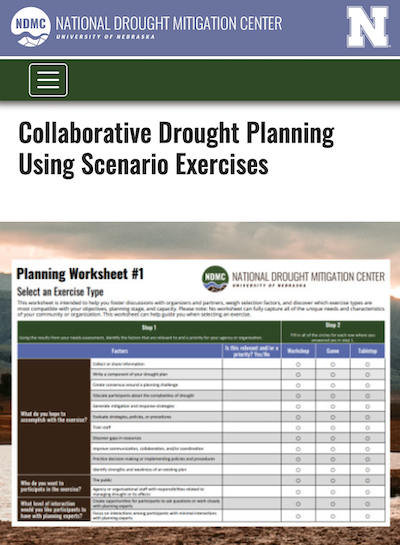
With the support of the RRDC in the North Central region and the North Central Region Water Network, the National Drought Mitigation Center at the University of Nebraska-Lincoln created the online guidebook, Collaborative Drought Plannning Using Scenario Exercises to help communities plan for drought using scenario-based exercises.
Advisory Support to the Northeast U.S. Ecosystem Services Project
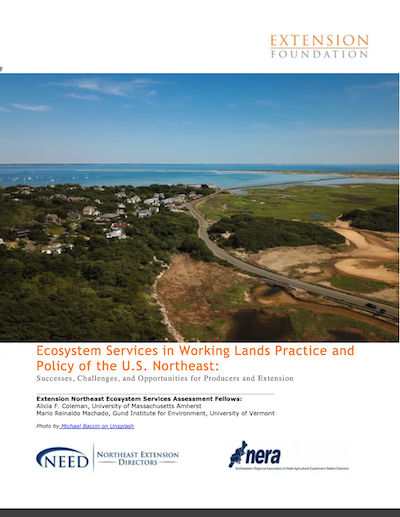
The consequences of climate change—including rising temperatures and sea-level, and changes in precipitation and seasonality—have varying implications for farms, forests, and other working landscapes and the ecosystem services they provide. The RRDC in the Northeast provided advisory support to a team that assessed over 1,300 ecosystem service provisioning programs and policies across the U.S. Northeast. The assessment describes the programs’ institutional arrangements, their incentive structures, and the ecosystem services they provide and is summarized in a report authored by Alicia F. Coleman and Mario R. Machado and published by the Extension Foundation at bit.ly/3XNy8Au.
Understanding Decarbonization Decisions of Rural Businesses
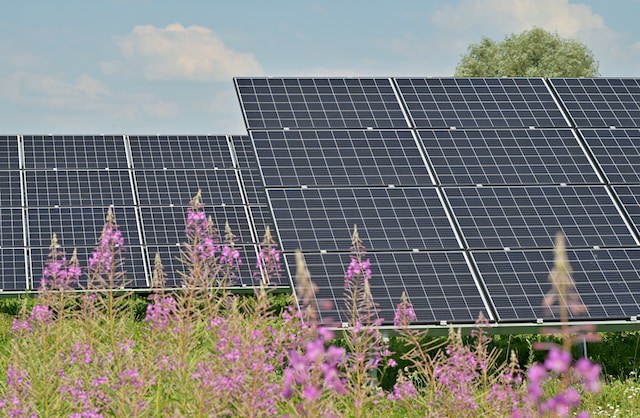
Given land requirements, especially for solar panels, the importance of place and local communities in the decarbonization process cannot be overstated. The RRDC in the Northeast is pursuing funding for a study to understand how individual rural businesses have been impacted by climate change, how they are responding in terms of adopting renewable energy sources, and factors affecting their likelihood to pursue renewable energy projects.
Advancing the Role of Social Sciences in Adaptation to Climate Change
Recognizing the importance of the social sciences to build knowledge and inform efforts focused on adaptation to climate change, the RRDC in the South is collaborating with regional 1862 Experiment Station and 1890 Research leaders to engage social scientists. This includes efforts to enhance interdisciplinary research teams in collaboration with the Rural Population Research Network and Southern Rural Sociological Association, among others.
